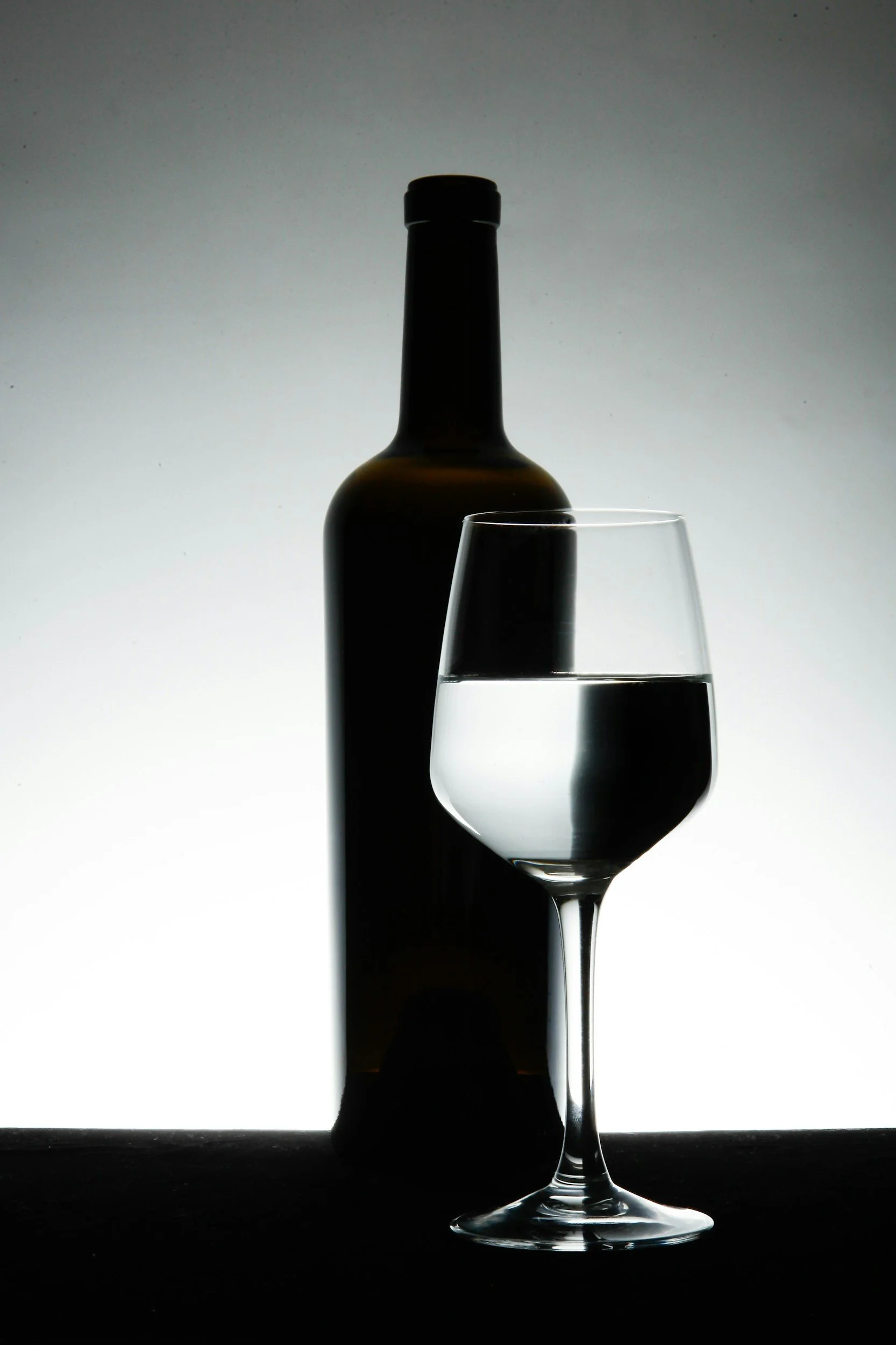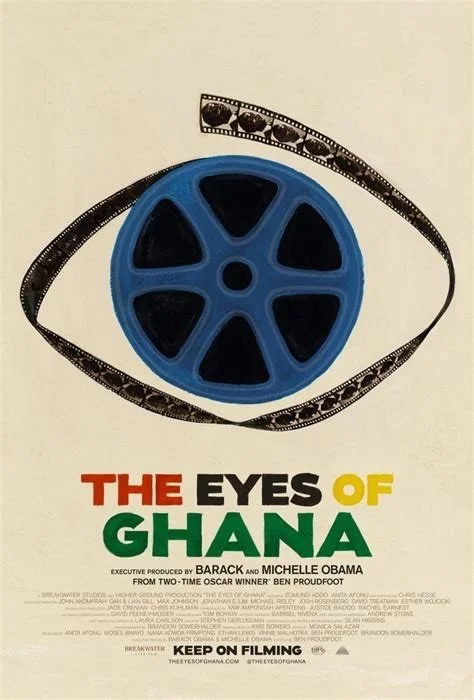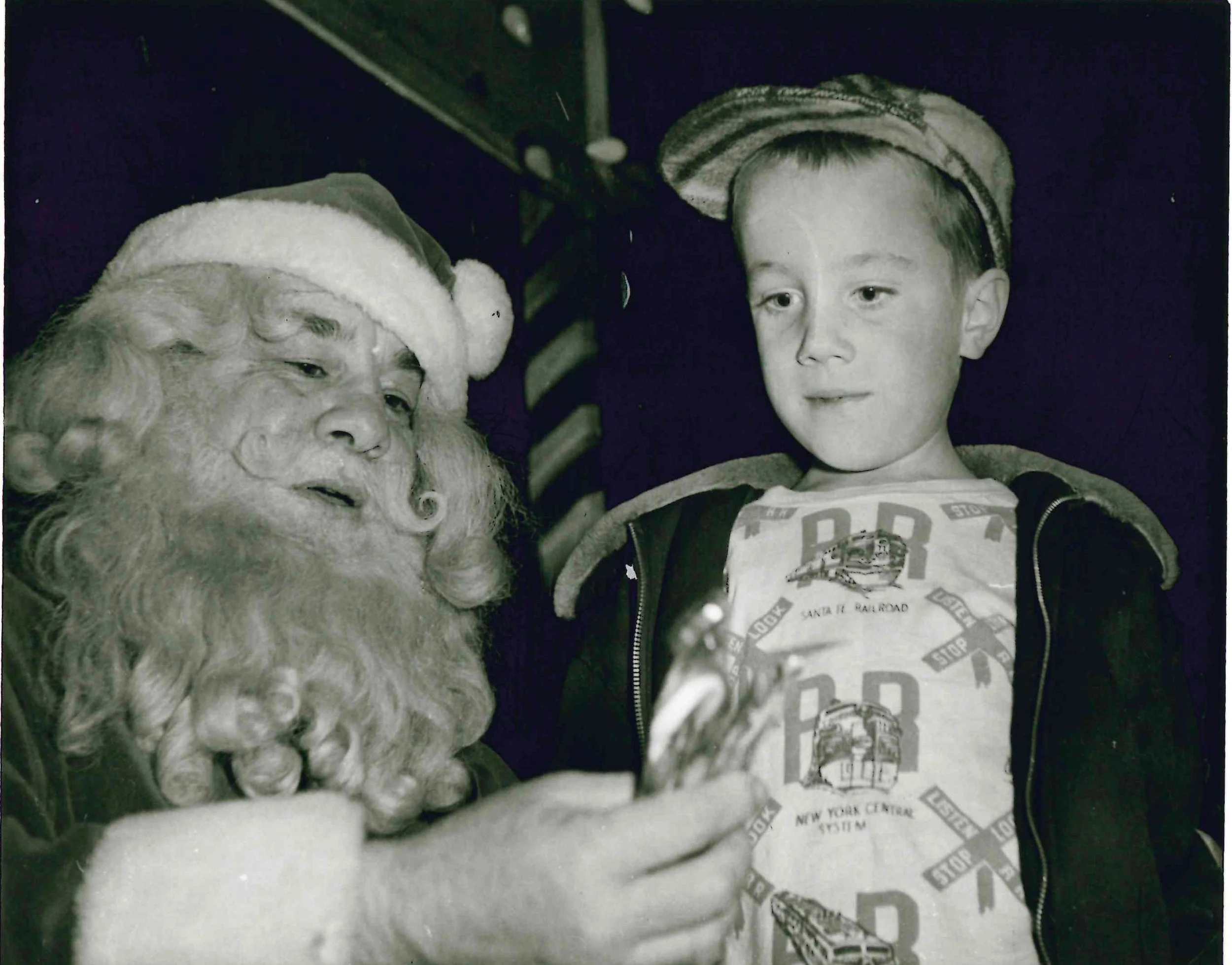The Eight Arm Hand Shake By PV Native and Animal Adventurer Bryce Trevett
The Eight Arm Hand Shake
By PV Native Adventurer Bryce Trevett
Experiencing a truly intimate connection with Earth and the natural world is something most humans dream about at some point in their life. I remember as a young kid watching movies like Dr. Do Little and the Jungle Book and dreaming about how incredible it would be to actually be able to talk to and communicate with an animal or have it willingly interact with you. What a special and unforgettable moment something like that would be. I am not referring to our domesticated dogs and cats. We all know it’s certainly possible to develop such a relationship where these animals and have them seek out interaction with us. I am talking about an interaction in the true wild. I have grown up working with animals in many different areas both in captivity and in the wild. Most professionals have a negative view towards human interactions with a wild animal. I do agree as it leads to unfortunate consequences for wildlife in most cases. However, I think it’s safe to say we all dream of a dolphin popping up next to us and joining us on a morning ocean swim, or an elephant walking by your safari vehicle and stopping mid stride to pause and look you right in the eye. The feeling of connection to the natural world is without a doubt one of the most powerful feelings one could receive. I have been lucky enough to experience many connections with nature, on natures terms, when out doing my work. Here I would like to show you one of my more recent connections that started with eight sticky little arms reaching out to grab hold of me. It was a very brief encounter, but one I will never forget.
Full to the brim of excitement for the underwater adventure that was ahead, I quickly climbed down the steep and rocky cliff along the Palos Verdes shoreline and down to the water's edge. It was another gorgeous, sunny, California day and it was time to immerse myself in the frigid Pacific Ocean for a free dive into the kelp forest for an underwater photography session. Our coastline is dominated by this wild life rich environment. It is essentially an underwater forest with strands of kelp holding onto the seafloor and extending straight up all the way to the water's surface. The kelp strands can grow well over 100 feet tall and gently sway with the motion of the ocean. It is a beautiful world, especially when the light shines through the water, creating streaks of dappled light through the underwater forest. It looks much like walking through a forest on land in the morning as the sun rises and starts shining through the trees. I sat on the edge of the rocks and crashing waves as I geared up. I put my wetsuit, free dive fins, mask, snorkel, gloves, and booties on. These winter waters are freezing and proper gear is a must in order to effectively free dive to deep depths and stay underwater for long periods of time on a breath hold. I do not scuba dive. While it is a great sport and has its place, I enjoy photographing the marine life that is more cautious of humans and it is much easier to approach wild life while free diving. Unless the animals are regularly exposed to people scuba diving, they are very cautious and afraid of the bubbles, noise, and ominous shape caused by the gear. Most marine animals can sense these things far before you get to see them, and they vanish without you ever even getting a glimpse of them. While free diving, I can move gracefully through the water column with a much lower profile and virtually no noise or bubbles. Some animals that scuba divers claim are rare to see, are the same animals I encounter almost every dive. I believe this is attributed to the extreme cautiousness of these animals to the scuba gear.
I dove into the chilly waters and slowly made my way out into the kelp forest about 100 yards off the shore line. Before each dive down to the ocean floor, I do an exercise called “breathing up.” This exercise is meant to prepare the body and mind for an upcoming dive and breath hold. I float on my stomach, close my eyes, and begin to relax my body. I breath very slowly, taking deep breaths in and out. As I do this, I hold onto a kelp strand so I don’t drift away from my position. The goal of this exercise is to saturate the body with oxygen, as well as slow down the heart rate. The slower your heart beats and the more calm you are, the less oxygen the body uses and the longer you can stay down holding your breath. As I got close to the end of my breathing up process, I opened my eyes. I looked down towards the bottom of the ocean and just as I let go of the kelp to dive down, an octopus swam out from the kelp strand and latched onto my arm!
I gently pushed the octopus off my arm and assumed it would quickly dive to cover and out of sight, but no! It floated on its own for a second and swam straight back to me. It tried to latch onto my mask and I again gently moved it off my face. It then came back again! It curled a couple of its tentacles around my hand and held on ever so softly. It felt almost as if it wanted to shake my hand. As I opened my hand it just continued to hang on. It then would let go and swim back to me and hold onto another part of my arm or hand. I finally allowed it to stay on me and just do what it wanted. It really seemed quite curious and intrigued by the encounter. It did this for a few minutes and eventually it did dive down to the bottom and go about its day. I don’t know why this octopus was so keen on hanging onto me. The biologist in me knows there was most likely a predator this animal may have been running from and in a panic tried to use me to hide on or some other explanation other than it was actually curious about me. However, this animal did not seem at all panicked. It just seemed naturally curious and interested in what I was. It was unafraid and inquisitive. I see octopuses on most dives, and every time they vanish into the closest hole in the reef the second they feel like they have been spotted. I will never know the reason it chose to interact with me on it’s own terms, but one thing is for sure, I will never forget that beautiful moment of connection with the natural world. Here is a video of that very encounter.
A few days later I had yet another special observation of this highly intelligent invertebrate worth writing about here. As mentioned in the above story, I regularly see octopuses on my free dive sessions. However, they are short lived sightings as octopuses are food for just about everything in the sea and hide at the slightest glimpse of a diver. There is a special spot on the Palos Verdes Peninsula where it’s common to see multiple octopuses in a dive. On this day I tried to see just how many octopuses I could find in a single dive. Within an hour, I found 7 octopuses at this location. All were tucked way back in their dens out of harm's way and all I could see was a few suction cups, a couple arms, or one eye looking at me from their well fortified and dark hideouts. I really wanted to observe an octopus out in the open doing octopus things without it being bothered by my presence. Observing natural octopus behavior in the wild would be something special. From my extensive experience working with wildlife at night, many animal species are much less concerned about human presence under the cover of darkness. Being that octopuses are primarily nocturnal, I decided to come back at night for a night dive. I returned with a dive light and submerged myself into the dark shallows in hopes of witnessing the natural behaviors and activity of these unique animals. As I crept along the bottom, I had to be very careful where I placed my fingers, hands, and knees. The entire bottom of the ocean was blanketed with purple sea urchins! There was almost no place to anchor myself from the surge without getting poked by urchins. By the end of the dive I had urchin spines in my knees and even in my forehead! Diving at night has it’s eerie side. The only area you can see is that which is illuminated by your dive light. Everything else surrounding you is pitch dark. It’s how I imagine moving around in space would be. Just total and complete darkness. Diving in darkness is so peaceful, but eerie. Any animal you come across is right in front of your face without any warning. As I moved through the water, many nocturnal creatures appeared in the glow of my dive light; bright orange nudibranchs, sea hares, brittle stars, and numerous species of fish. After a few minutes, I crawled over a small ledge, turned my dive light to the right and there illuminated only feet ahead of me was a big beautiful octopus with it’s 8 arms spread out over the sea floor. Out in the open with a confident stance, it appeared as if it ruled the ocean. I slowly crawled up to it, keeping a distance to not frighten it. All of a sudden it leapt off the ledge and at first I thought it was afraid of me and was going to vanish. However, that was not what it was doing. It again leapt off of the sea floor and opened up all it’s tentacles like an umbrella and floated back down to the sea floor. I was confused by this behavior and wasn’t quite sure what was happening. It took me a minute to realize, but it was actually hunting prey! It had jumped above a school of baitfish and used its arms and the webbing connecting them like a net. It threw this “net” over one of the fish and successfully captured it. In the video you can see the webbing in between the octopuses arms being pushed outwards. That is the fish trying to push through the octopuses body and get out from underneath it. Although a sad day for the bait fish, the natural cycle of life in the natural world is what keeps the ecosystem in a working and healthy equilibrium. It was also a successful dive as I was lucky enough to actually see an octopus demonstrating natural behavior. If I had been there one second later, I would have missed it. These animals are so incredibly smart and are well known for using innovative ways to both hide themselves as well as capture prey. It was an honor to see such a perfect and skilled execution of such behavior. It was also great to be able to share this with others. Thanks for reading!
Bio:
Bryce Trevett, 30, is a wildlife enthusiast who has spent his life working with animals. He has assisted on wildlife research projects in six different countries, has been published in academic journals, acknowledged in field guides describing south East Asian reptiles and amphibians, and has spent time in many more locations photographing/filming animals on his own time as a hobby. He grew up in Palos Verdes, Ca where his passion for wildlife was sparked at an early age. Bryce studied herpetology at La Sierra University, and received a natural sciences degree from Los Angeles Harbor College. He spent many years volunteering at the Los Angeles zoo and a wildlife education center in Southern California. Throughout the years Bryce has worked as an emergency medical technician on an ambulance and in the emergency department. Bryce has most recently been working as a flight attendant for a major airline which allows him to travel around the world pursuing his wildlife goals and endeavors. He is currently in a pilot academy attaining his commercial pilots license. This career allows him to make a good living while at the same time allowing him to accomplish all his wildlife ambitions. Bryce spends his free time hiking, surfing, free diving, photographing wildlife, and participating in two step country dancing.
https://www.youtube.com/channel/UCXNFvjuLPccIvz5WP-CFUHw/featured










